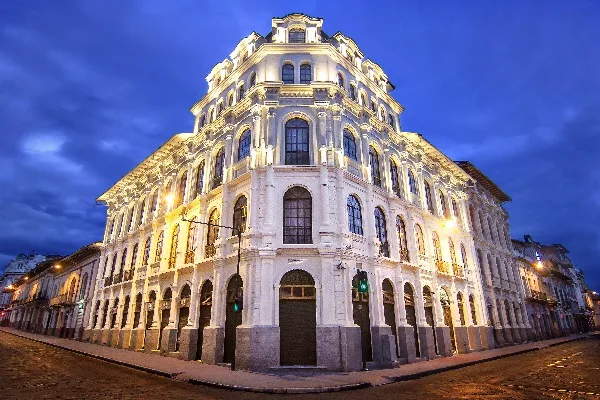Who are the ‘new vegan’ travellers?
Editor’s note: This is the third in a three-part series on vegan dining options around the world. To read the first part and second parts, click here and here.
By John Keeble

The face of millennial vegan travellers.
It is tempting to think of the new vegan travellers being in the 16- to 35-year-old age group – that is where the massive increase in plant-based eating is being recorded.
However, older age bands have been increasingly rejecting meat, fish and dairy, and many factors suggest they are punching above their weight when it comes to vegan travelling.
The demographics of travelling vegans and vegetarians (V&V) probably differ from V&Vs overall with time available for travel, family and work commitments, and disposable cash influencing who is on the road internationally, who travels in home countries, and who can only dream of faraway places.
International travel – as it existed before Covid-19 and hopefully as it will exist in some form post-Covid-19 – is inevitably stretched between the extremes of young/inexpensive/less limited time and older/limited time/less expense-sensitive.
So, we see younger people in lower-priced accommodation and meals as a big band at one end and higher-cost facilities at the other, with the long gradual slope linking them.
Expressed another way, gap-year travellers at one end and rich old baby boomers at the other, with interestingly diverse people between… successful 30s singles, families, business people, mature students, lost souls travelling to find themselves rather than the next tourist hotspot, and so on.
Just before Covid-19 slapped down our travelling, Business Traveler magazine caught up with real life with the headline: “Is Vegan Travel the Next Big Trend?”
It explains: “Veganism is becoming an increasingly popular lifestyle choice for millennials. In fact, in the United States and Great Britain the number of consumers who identify as vegan has risen by more than 800 percent collectively since 2014. This plant-based lifestyle has plenty of benefits.”

Janet Engel and a new friend… she always finds plant-based food to enjoy on her trips.
It points out that there are vegan hotels as far apart as Scotland and California but, while this makes a point to its business travellers, it does not catch the reality of widespread availability of vegan accommodation in many countries.
It is a little too specialised for most V&Vs, too. The key is whether they can eat, rather than whether the accommodation is vegan.
At higher-priced level, including cruises that will cater for vegans, the market is mostly those old enough and well-off enough to pay the prices.
The other end of the market may be rougher, but the meals can be very satisfying – and available – for the V&V on the road.
Backpackers accommodation often serves meals, too, and I have eaten vegan in many because they always have plant-based alternatives to the slightly more costly meat meals.
Between the two, there are many blogs to give a hint about who the travellers are – Veggie Visa, written and illustrated for travelling vegans and vegetarians, seems to focus on this middle area of then reasonably affluent.
“I actually started Veggie Visa while I was traveling and when I first went vegan,” wrote the blog creator, Randi, who lives in Prague. “It took me a while to get the hang of things but once I did I wanted to share all my best tips.”
Those tips included nice restaurants and locations, with pictures showing good-looking, well-dressed young people. Not exactly the rope-sandaled image of yesteryear.
Cuenca expat and voracious traveller Janet Engel, in an older band than Randi’s millennials, has been on “an interesting journey” from meat-eater to almost vegan.
She travels anywhere and takes her careful and strict diet – and life values – into account without being intimidated by meat cultures.
“Documentaries like Forkes Over Knives have been instrumental in educating me about the power of plant-based eating. It’s just transformative for people and their health, and for the planet.
“It has been a gradual process, eating more plants, eating more veggies to begin with and then phasing out the chicken, lamb, pork and all that, and hanging out with seafood for a while. Then I got to know about the toxicity of that – once you know that information, you can’t unknow it.
“Now I eat for maximum nutrition. My nutrition now is based in plants, some grains, nuts and seeds. It gives me excellent health where I’m rarely, if ever, ill or sick. I want to live a long life and I want the planet to be taken care of. That’s why I do it.”





















